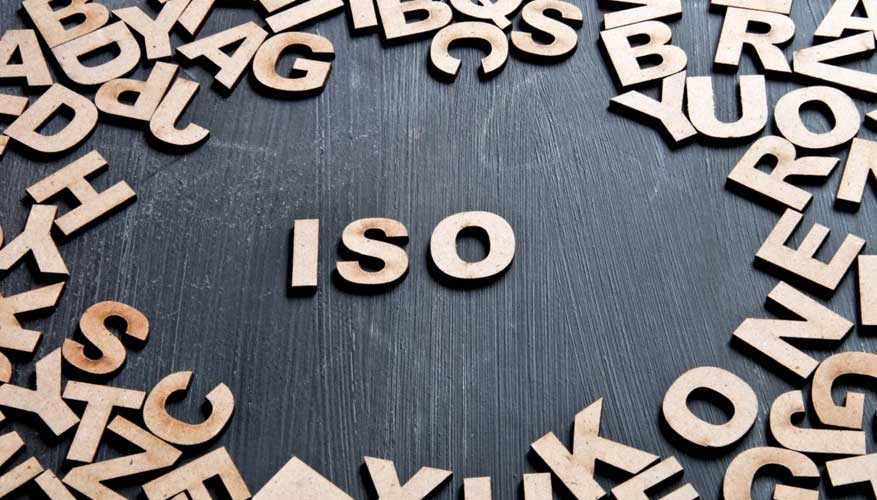Table of Contents
The International Organization for Standardization (ISO) is a nongovernmental network of national agencies whose purpose is the development of international standards for business and government. International standards have been designed for trade between countries. They provide a technological base and a system of best management practices. The standards guarantee the safety of the products and the organizational procedures that reduce the environmental impact. They also benefit trade and business by simplifying procedures and reducing the environmental risks of organizations. Consumers benefit from knowing that cutting-edge practices are developed to have global relevance.
Environmental management
ISO 14001: 2004. This ISO standard is the basis for the development of an environmental management system (EMS). An SGA is a set of guidelines and procedures adopted by the organization to ensure compliance. An SGA benefits an organization by increasing environmental awareness and researching ways to reduce its costs.
ISO 14004: 2004. This ISO standard provides more specific information for the implementation and maintenance of an EMS, with the objective of continuously improving the plan based on its performance. The standard is applicable to any industry.
ISO 5001. This standard is about to be launched, it will deal with energy management and ways to increase energy efficiency and reduce the environmental impact of organizations. Technical and topical issues such as climate change and dependence on foreign oil will be taken into account.
Health and security
ISO 22000. This ISO standard establishes the global guidelines on food safety and handling. Large companies have adopted this standard, including Arla Foods and Kraft Foods. Its objective is to focus on the entire food chain and reduce hazards and safety problems, such as foodborne diseases.
IWA 1: 2005. This standard deals with issues in the health sector. It provides guidelines for health care organizations to respond to natural disasters and those caused by man. In particular, the standard provides recommendations to reduce error and organizational waste, while at the same time covering a customer-centered framework.
ISO 9001: 2000. This standard addresses quality management in the medical device industry. In particular, it provides suggestions and guidelines for the industries involved in the development, production and installation of these devices. The standard also considers continuous monitoring within the industry.
Transport
ISO / TS 16949. This standard reviews all areas of the automotive supply industry chain. It focuses on the areas of training, monitoring, analysis and improvements within the industry. The standard also focuses on the ways suppliers can reduce their costs and improve efficiency.
ISO / PAS 30003: 2008. This standard focuses on specific problems within the technology of vessels and maritime transport. It focuses on areas such as ship recycling management and handling of other materials, which may have potential environmental impacts. It addresses the specific concerns of the industry, such as hazardous materials and asbestos emissions.
